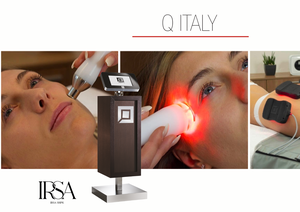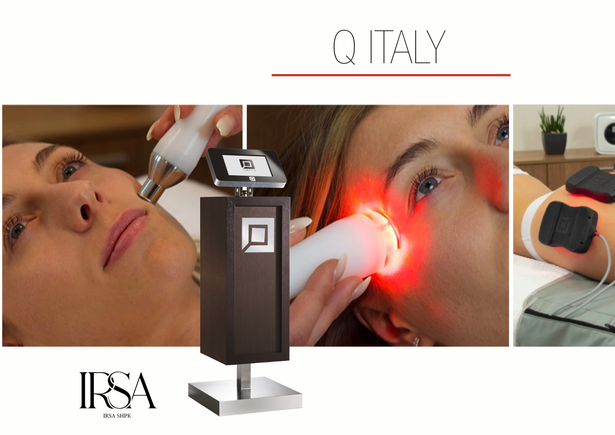Beyond medical examinations, there are some signs and symptoms that can make you aware to understand whether or not you have a lack of the d----- if you notice any of this, you should get the d-acid according to your tested level faster.
1. You have somewhat dark looks
The pigment in your skin acts as a natural 'screen', the more pigment you have, the more time it will take you to spend in the sun to create sufficient amounts of the d-acid.
2. You feel humorless
Serotonin, the brain hormone associated with increased mood, increases with exposure to bright and opposite light. During the studies, scientists assessed the effects of the d-d in the mental health of 80 elderly patients and found that those with the lowest levels of the d-grade were 11 times more likely to be depressed than those with healthy doses.
3. You're +50 years old
As mentioned above, your skin has a lot to do with creating The D, this from its exposure to the sun's rays. At the same time as your age passes, your kidneys become less efficient at converting the d-shaped substance used by your body and adults also tend to spend more time at home. This brings lower exposure to the sun and therefore of the d-ray.
4. You are overweight or obese (or have a high muscle mass).
Vitamin D is a type of fat, hormone-like vitamin, meaning that the body's fat mass serves as a "sink" to collect it. If you're overweight or obese, you're likely to need more of a d-----than a pale person - and the same applies to people with high body weights because of muscle mass.
5. You have bone pain
Bone pain, especially combined with fatigue, ends up being diagnosed with fibromyalgia or chronic fatigue syndrome.
6. Head sweating
One of the first classic signs of a lack of the d-substance is the sweating of the head. In fact, doctors use it as a question for new mothers about sweating their babies' heads. Excessive sweating in newborns due to neuromuscular nervousness is still described as a common symptom, deficiency of the d-cell.
7. You have intestinal problems
Remember, acid D is a type of fat, which means that if you have a gastrointestinal condition that affects your ability to absorb fat, you may have the lowest absorption of it due to lack of the d-substance.








